Parkway Cancer Centre: Holistic care for patients battling the Big C
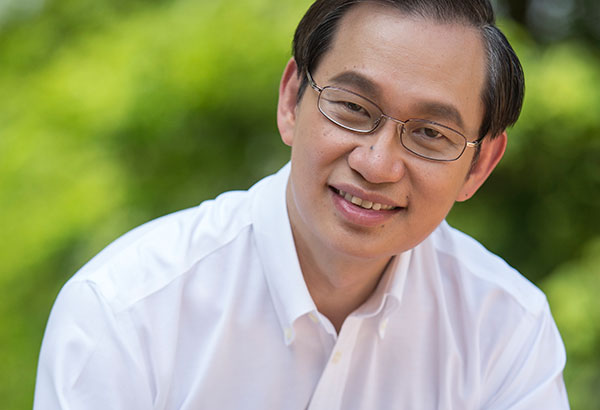
Dr. Ang Peng Tiam: “Cancer is not a death sentence. There are patients we are treating and are being cured of cancer.”
You walk into the Parkway Cancer Centre in Singapore and expect the gloomiest scenario, right? Wrong! Because what’s bound to greet you is a cheery, cozy atmosphere. There are the kind doctors, all cancer specialists, who give the patients their most personalized attention. There’s the caring staff who treats you like family. You will probably even hear the sound of laughter wafting down the hall. Suddenly, you forget you’re in a cancer facility. Even the patients will probably forget they’re sick.
Since it opened 11 years ago in Singapore, Parkway Cancer Centre has dedicated itself to providing holistic patient care for those battling cancer. Seemingly hopeless patients come from near (neighboring Asian countries like the Philippines) and far as the Center ensures only top-quality care beyond the hospital ward with its cancer counseling and support service CanHope.
Tough training for top oncologists
Comparable to any cancer center in the world, Parkway Cancer Center is run by a private cancer group who brings the expertise and technological know-how of some of the best oncologists (breast, lung, neck, colon oncologists, hematologists, oncologists for children with cancer, etc.) who went through tough training in the world’s best cancer centers.
Meet Dr. Ang Peng Tiam who at 28 was sent by the government of Singapore as a President’s scholar to train at the University of Texas MD Anderson Cancer Center, one of the top cancer centers in the world. After his training, he had his fellowship at Stanford University. Going back home in 1990, he started the Department of Medical Oncology in Singapore General Hospital. He had the full support of the Ministry of Health to build up the manpower resources needed for the training of medical oncologists. At the time, Singapore was in dire need of developing medical oncologists (oncology is defined as the study of cancer).
“Cancer has always been thought of as a condition where there is no treatment,” observes Dr. Ang, Parkway Cancer Center executive director and CEO. “But the reality of it is, even back in 1986 when we started doing it, there was treatment. Success was very small, but there was treatment in some cases. And I felt this was an underserved population. Of course, it’s completely different today, oncology has blossomed to be one of the top specialties that all the top candidates want to do because there’s so much we can offer all our cancer patients.”
Rx: Immunotherapy
What Parkway Cancer Centre offers is the latest in cancer treatment. “The biggest breakthrough in the last three years is immunotherapy,” Dr. Ang shares. “It is basically how we identify a patient with a checkpoint whereby we can unleash the body’s immune system to fight the cancer. It is a very, very expensive form of treatment and can be inappropriately used. Like people are saying, ‘Oh, I just boosted my immune system.’”
Beyond the grim statistics and clinical aspect of cancer, Dr. Ang writes heartwarming stories about the struggles, the depression, and the victory of people with cancer. “Rather than focus on technology, we talk about the human interest aspects of the cancer journey. Like this patient, she knew her time was up and she was totally prepared, and related her readiness to her son, ‘Look, I have fought this journey, I know the battle is getting harder and harder, I’m willing to let go.’ You have to be there, to witness the love between a mother and a son, and how much love there is, and yet they’re willing to let go.”
Dr. Ang adds, “Yes, no one fights cancer alone. It’s very important that in the cancer fight, the warrior is not just the patient himself, the warrior is in each one of us — the warrior is in the doctor, in the nurse, in the family members, in the friends who support the cancer patient in the battle.
What has been his most challenging experience as an oncologist?
Dr. Ang is quick to reply, “As an oncologist, every day is a new day. The way I practice, I try to put myself in the position of the family member. I just imagine if you’re my sister, what do I think is the best treatment for you? There are many, many patients. Some patients want to know the options, but the large majority of patients really want guidance — they need guidance to tell them: ‘Should I go for biopsy? What’s the best for me in my situation?’ I find that the most important part of my practice is I like to think of each patient as a family member and offer a treatment which is best suited to the patient. It’s important not to be too academic about the exercise.”
Angelina Jolie & genetic testing
Recalling the case of actress Angelina Jolie who carries the breast/ovarian cancer gene BRCA 1 from her mother who died of breast cancer, we ask the good doctor about his opinion on genetic testing.
“Genetics plays a role,” Dr. Ang affirms. “But if you look at any cancer, if you have no family history of breast cancer, does it mean you won’t have breast cancer? It doesn’t. In fact, the large majority of women with breast cancer never had a family history of breast cancer. The large majority of people with colon cancer never had a family history of colon cancer. But it is also true that if you have a family history, your risk is higher than someone who doesn’t have. We use a very simple description: You grab any woman on the street, what is the risk of this woman getting cancer? We will say for every 16 women, there will be one. But if you have a family history, your mother had or has breast cancer, then your risk is one in eight, it doubles the risk. If you have two — your mom and your auntie have breast cancer — then your risk is one in four. So, certainly, the stronger the family history, the higher your risk is. But it’s only a risk, it doesn’t mean you’re going to get it, it’s only a probability.”
Dr. Ang elaborates, “Some people say is it good to understand the genetics of cancer? Absolutely! Because by understanding the molecular makeup of cancer, we are now able to offer better treatment, which is more targeted specifically, resulting in better outcomes. Do I need to be tested whether I have increased risk of developing cancer? Some say yes, some say no. To illustrate, if you are diagnosed with the BRCA 1 gene, we know you have an increased risk of developing breast cancer and ovarian cancer. So now, is it good to label someone as a cancer carrier and then burden the patient with that noose hanging around the neck, yet not offering the necessary support, counseling? Is the patient willing to undergo bilateral mastectomy or bilateral hysterectomy? If the answer is no, why do the testing?
Before genetic testing is done, genetic counseling must take place first. Is genetic testing applicable to every person? My answer is no. Genetic testing should only be done if you know what you’re going to do with the result after you have it.”
Cancer program: Three pillars
“Of course, prevention is an important part of any cancer program,” Dr. Ang asserts. “I always say that in a cancer program, there are three pillars. One pillar must be prevention, the second pillar must be early detection, and the third pillar must be treatment. We know that some cancers can be easily prevented. To give an example: We know that liver cancer can be easily prevented because the large majority of liver cancer patients have hepatitis B and we know that hepa B can be vaccinated, you can have the vaccination at the time of childbirth.”
Dr. Ang is proud of what Parkway Cancer Centre has done in terms of providing prevention, education as well as cancer treatment. The health care they deliver is second to none. “In my opinion, Filipinos can expect treatment in Singapore to be as good as the cancer centers in the US. Not only do we share proximity, we also share a lot of cultural similarities. I came here yesterday and saw some of my cancer patients who were so happy to see me.”
With the high cost of medical treatment that Dr. Ang says will likely get higher than lower, he prescribes, “It’s important for people to consider health insurance to be part and parcel of their expense so that if they’re unfortunate to be stricken with cancer, they will have the financial resources.”
When are we going to lick cancer?
“I don’t think cancer can ever be beaten,” Dr. Ang declares, “not in the sense that people think there’ll be a magic bullet whereby we can cure everyone with cancer. I think that’s dream. But what we’re doing on a daily basis is that there are patients we are seeing and treating and are being cured of cancer.”
Before catching his flight back for Singapore, Dr. Ang leaves us with this short and sweet message: “It’s important that everybody understands that cancer is not a death sentence.”
* * *
Parkway Cancer Center is located at Gleneagles Hospital, Level 3, 6A Napier Road, Singapore 258500; tel. no. (+65)64738688.
Foods that fight cancer
It was the Father of Medicine Hippocrates who dished out this mouthful of wisdom: Let food be thy medicine and medicine be thy food.
Senior dietician Gerard Wong of Parkway Cancer Centre sifts through the benefits of some super fruits touted for their health properties (possibly preventing/fighting cancer).
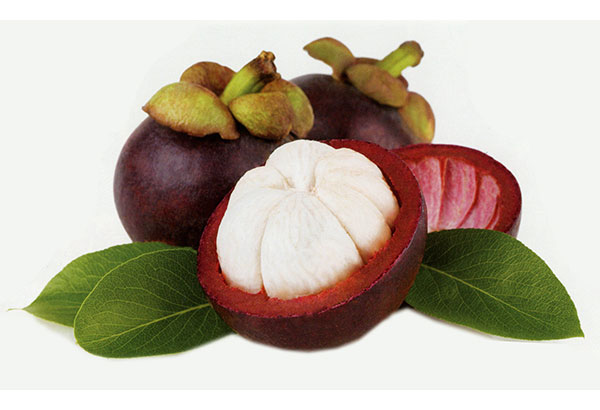
• Mangosteen. This tropical fruit native to Southeast Asia (we have it down South, in Mindanao) is touted for its healing properties — it’s packed with polyphenols, antioxidants that help repair cell damage. And now, its juice is being promoted for cancer treatment and supplements containing mangosteen are flying off the store shelves.
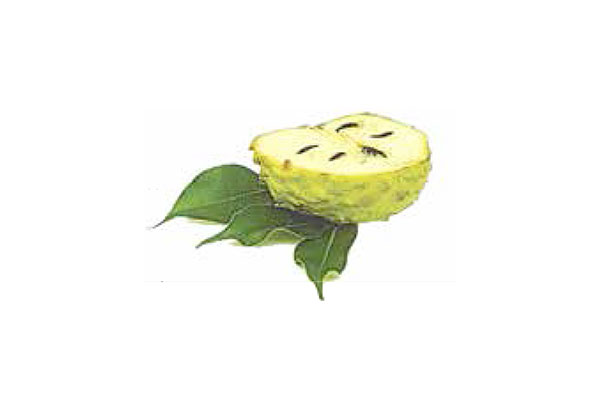
• Soursop (guyabano). Soursop extracts are said to kill some types of liver and breast cancer cells. Extracts from its leaves have shown anti-inflammatory, anti-microbial properties in animals (no studies have been done on humans).
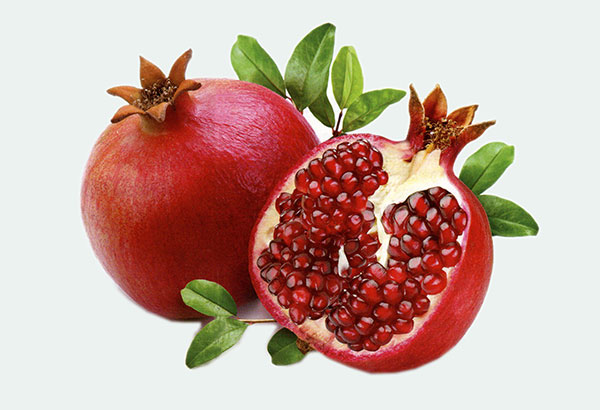
• Pomegranate. Several studies support the claim that its juice can lower cholesterol and blood pressure. Recent research reinforces the belief that it can help prevent or even cure cancer. Findings have shown that pomegranate extracts selectively inhibit the growth of breast, prostate, colon, and lung cancer cells in culture. There have been no conclusive studies though. And diabetics are sweetly reminded to take note of the sugar content of the fruit.
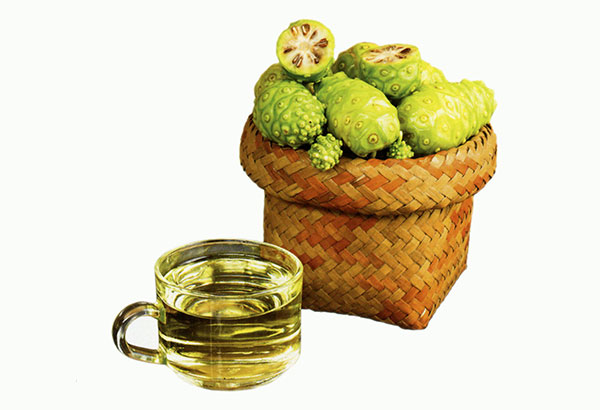
• Noni juice. Remember the time when this juice was all the rage? Lab studies suggest that the juice has anti-bacterial, anti-inflammatory, and antioxidant properties, and possibly anti-cancer effects in animals. On the other hand, take double note that the juice contains high levels of sugar and potassium, which can affect people with diabetes and kidney problems, respectively.
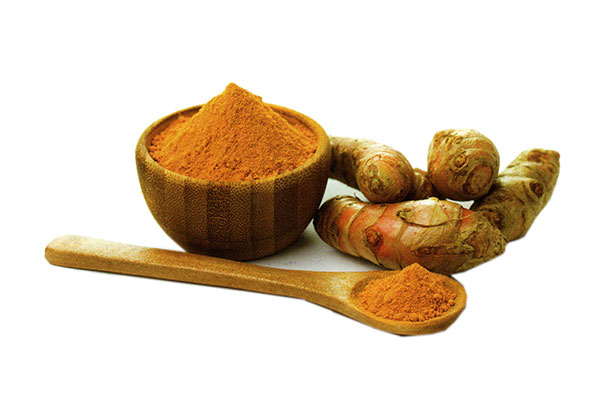
• Jamu juice. A traditional herbal medicine, it’s long been promoted as a health tonic and a cure-all for many diseases including cancer. One of its root-based versions is the widely popular (and controversial) turmeric which, according to animal studies, has anti-cancer properties in rats exposed to carcinogens. There’s not enough evidence to support the anti-cancer claims involving turmeric.
The bottom line is: Cancer is a complex disease affecting different people differently and claims that one type of food or fruit has the power to eradicate or prevent cancer entirely are a gross oversimplification, according to Parkway Cancer Centre.
While all these fruits (and their extracts) may contain some cancer-fighting properties, there’s no conclusive evidence that they can prevent cancer or kill cancer cells.
Your best bet, says Parkway Cancer Centre, is to eat a balanced diet and live a healthy lifestyle to reduce the risk of getting cancer.



















